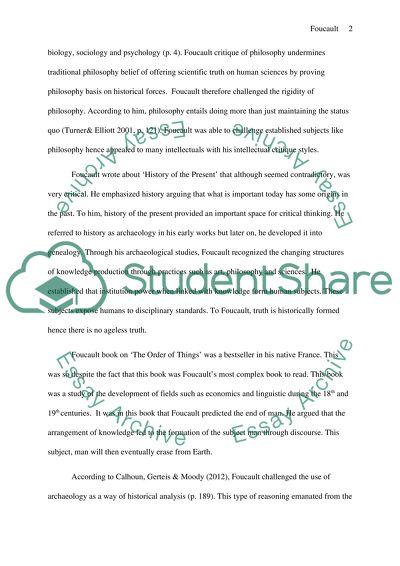Cite this document
(“Outline and explain how Foucault questions previous histories of Essay”, n.d.)
Outline and explain how Foucault questions previous histories of Essay. Retrieved from https://studentshare.org/sociology/1497464-outline-and-explain-how-foucault-questions
Outline and explain how Foucault questions previous histories of Essay. Retrieved from https://studentshare.org/sociology/1497464-outline-and-explain-how-foucault-questions
(Outline and Explain How Foucault Questions Previous Histories of Essay)
Outline and Explain How Foucault Questions Previous Histories of Essay. https://studentshare.org/sociology/1497464-outline-and-explain-how-foucault-questions.
Outline and Explain How Foucault Questions Previous Histories of Essay. https://studentshare.org/sociology/1497464-outline-and-explain-how-foucault-questions.
“Outline and Explain How Foucault Questions Previous Histories of Essay”, n.d. https://studentshare.org/sociology/1497464-outline-and-explain-how-foucault-questions.


